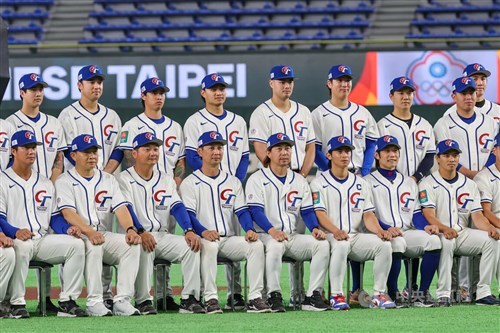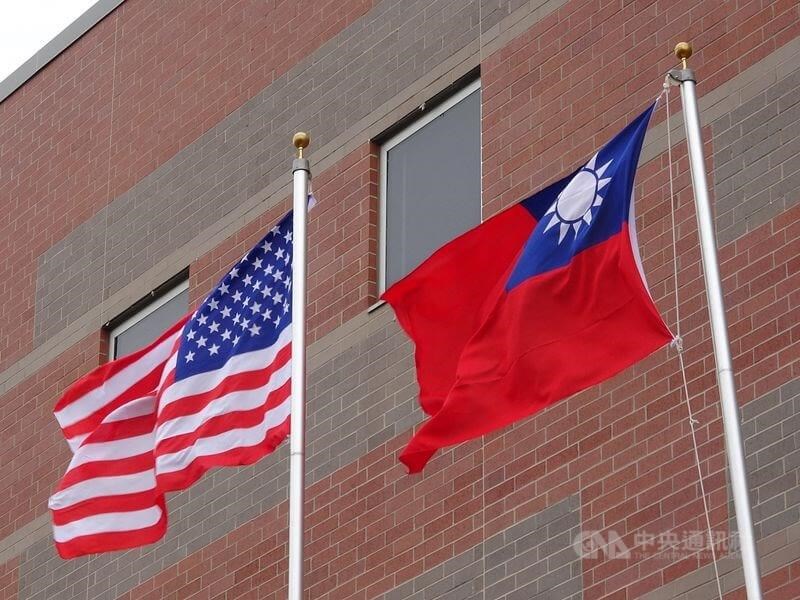ANALYSIS / Scholars divided on U.S. military support for Taiwan under Trump presidency
11/07/2024 09:36 PM
With Donald Trump re-elected President of the United States, Taiwanese scholars expressed mixed opinions on whether his incoming administration would commit U.S. military forces to defend Taiwan in the event of a Chinese invasion.
(Full text of the story is now in CNA English news archive. To view the full story, you will need to be a subscribed member of the CNA archive. To subscribe, please read here.)
More in ANALYSIS
-
![2026 WBC: Can a balanced Taiwan team make it out of Tokyo?]() 2026 WBC: Can a balanced Taiwan team make it out of Tokyo?The World Baseball Classic (WBC) has generally followed a similar script for Taiwan: infinite fan enthusiasm met by a disappointing showing.03/04/2026 05:24 PM
2026 WBC: Can a balanced Taiwan team make it out of Tokyo?The World Baseball Classic (WBC) has generally followed a similar script for Taiwan: infinite fan enthusiasm met by a disappointing showing.03/04/2026 05:24 PM -
![Iran could cloud Trump-Xi talks but unlikely to spark Taiwan war: Scholars]() Iran could cloud Trump-Xi talks but unlikely to spark Taiwan war: ScholarsEscalating conflict in the Middle East is unlikely to trigger an immediate cross-strait crisis or directly imperil Taiwan in U.S.-China dealings, but it could pose growing risks by straining U.S. resources and complicating the upcoming Trump-Xi meeting, scholars said.03/02/2026 06:13 PM
Iran could cloud Trump-Xi talks but unlikely to spark Taiwan war: ScholarsEscalating conflict in the Middle East is unlikely to trigger an immediate cross-strait crisis or directly imperil Taiwan in U.S.-China dealings, but it could pose growing risks by straining U.S. resources and complicating the upcoming Trump-Xi meeting, scholars said.03/02/2026 06:13 PM -
![U.S. policy unchanged despite Taiwan omission in defense strategy: Analysts]() U.S. policy unchanged despite Taiwan omission in defense strategy: AnalystsThe absence of Taiwan in the Pentagon's recently released 2026 National Defense Strategy (NDS) has raised concerns about the United States' commitment to the island nation's defense.02/07/2026 04:31 PM
U.S. policy unchanged despite Taiwan omission in defense strategy: AnalystsThe absence of Taiwan in the Pentagon's recently released 2026 National Defense Strategy (NDS) has raised concerns about the United States' commitment to the island nation's defense.02/07/2026 04:31 PM
Latest
-
Business
Taiwan's January export orders hit record US$76.91 billion, up 60 percent
03/04/2026 10:11 PM -
Society
New Taipei censured for not preventing sex offender from running Go class
03/04/2026 10:02 PM -
Politics
KMT nominates female candidates for county magistrate elections
03/04/2026 09:31 PM -
Society
MOL to expand childcare subsidy scheme to encourage employer support
03/04/2026 08:59 PM -
Business
TSMC aims to complete new Tainan fab in 2028 amid AI-driven expansion
03/04/2026 08:35 PM


